Blog Archive
Editors Claim Censorship at a Public Health Journal
Extremely disturbing development in publishing. If journals are not independent, then the pillars of the entire academic process begin to fail. This development highlights the need for full disclosure in terms of editorial board selection, reviewers, and the overall review process. It is a strong argument that journals are best served by being Society based. I question journals that exist solely on a for-profit basis.
An evidence-based evaluation of transferrable skills and job satisfaction for science PhDs
To shift a bit from the doom and gloom of the previous posts - this article highlights the value of a scientific education. So while the career prospects in academics are few - the training received along the way is applicable to a range of careers. This article makes the very important point that the skills acquired during a scientific education will provide value throughout a lifetime. Scientists are highly trained individuals who have a unique skillset that is marketable. It is therefore all the more important that PhDs and postdocs are trained in non-academic careers - and provided with advice on how to use their unique talents in a range of different careers. After all, the current reality is that a career outside of academics is no longer an "alternative career" for most people. The fact is that the vast majority of scientists will leave academics for satisfying and fruitful careers in a range of jobs - and we should stop pretending otherwise.
Why women leave academia and why universities should be worried
Worrying developments in academics - and a further example of how academics is fundamentally broken. They report that "88% of the women don't even want academic careers, nor do 79% of the men! How can it be this bad? Why are universities such unattractive workplaces?" Think about that for a minute - the vast majority of people pursing higher education do not want a job in higher education. An academic career has become so unattractive that most people have lost interest. Perhaps this could be interpreted as these people have become smart and sufficiently educated to recognize the ponzi scheme of academics in that there is an insufficient number of positions for aspiring academics. So rather than slog through an unending stream of postdocs with low pay and no job stability, they have decided to move on. Or perhaps these people were all young inspiring academics that become so disillusioned with the process during their education that they want nothing to do with academics. Either way, this is a worrying development and a clear sign that there needs to be a fundemental shift in how academics functions.
Baby on Board
As a member of a dual career couple, childcare is an issue near and dear to my heart (and career). The web is filled with a multitude of articles soul searching as to why there is a dearth of women in academics. While the answers to that issue are certainly complex, childcare is clearly an important component of that equation. Simply put - if a conference does not offer childcare, it is not possible for both my wife and I to attend. We are therefore forced to make a difficult choice on who gets to attend the conference - including all of the important networking, meetings, and self-promotion that happens at a conference. Whose career should advance? And who should stay home with the kids? I therefore find it unfathomable when major scientific conferences do not offer childcare. It should be a requirement that EVERY major conference offers childcare - and there should be travel grants available to offset the fees of childcare. The American Thoraic Society (ATS) has been very good about making childcare available at their annual meetings. Unfortunately, the European Respiratory Society (ERS) - while claiming to support family values and dual career couples - did not make childcare available for the 2017 Milano meeting, and it will not be available for the Paris meeting in 2018. I therefore question their commitment to supporting dual career couples. It is ironic that "family friendly Europe" cannot provide childcare, but the USA can. If the scientific community wants to support women as well as dual career couples, then it is time to ensure that childcare is available at conferences.
Surviving academia as an early career researcher: an unreliable guide
Useful advice and checklist on survival - and hopeful success - in the academic environment. Many students and postdocs make the mistake of thinking that success is only about the papers. While publishing our scientific findings is of course paramount to our profession - there is so much more. For the vast majority of us without multiple NSC (Nature, Science, Cell) papers - we need a strategy for success. It is vital to get your ideas and your brand out into the academic sphere. Academics is communication - mixed with a healthy dose of sales. If we do not communicate our ideas, then we are not pushing the field and our science forward. Think - networking, conferences, social media, outreach, etc. This article does a nice job of summarizing how to put that all together.
Dr Con Man: the rise and fall of a celebrity scientist who fooled almost everyone
There has been much soul-serarching at KI regarding the Maccchiarini case. However, it is unclear if anything has truly been learned. The drive towards "exellence" at all costs still permeates the research environment. Publish first. Publish best. What is clear is that innocent people have lost their lives and no one has taken real responsibility for the events that created this monstrosity. Academic science needs to perform some serious introspection to determine our way forward. In a world that demands profits from academic endeavors, where every grant needs a business model, and those who publish fastest are the winners - we are loosing something. The serendipity of science that leads to that eureka moment is being sacraficed. In its wake, we are left with a world in which the realm of scientific discovery is sadly diminished.
The list of diseases linked to air pollution is growing
According to WHO estimates, 235 million people suffer from asthma, creating a substantial burden to individuals and families and restricting individuals’ activities for a lifetime. Asthma is the most common chronic disease among children. The California EPA Air Resources Board reported that ∼11.9% of Californians - 3.9 million children and adults - have been diagnosed with asthma. Nearly 667,000 school-aged children in California experience asthma symptoms annually. Now in addition to these numbers, it has become clear that the harmful effects of air pollution extend beyond just the lungs. When will society prioritize the clean air we need to maintain our health?
Facing poverty, academics turn to sex work and sleeping in cars
This really says everything. It is a stinging comment on the status of academics in our world. Even academia does not treat academics with respect anymore. Adjunct faculty are a cheap labor pool to entertain the students, while the research faculty are cash piñatas that bring in the grants and overhead that pays the administration. Clearly we have a broken system in which people who had dedicated their lives to advance education, learning and knowledge are treated with contempt. It is a truly sad commentary on the state of our society.
The declining interest in an academic career
These days you have to ask yourself - is it really worth it? Why do you want an academic career? I spend most of my time trying to convince prospective students and postdoc to not continue in academics. There are lots of wonderful jobs in the world - and most of them will treat you with infinitely more respect than academics. However, for those individuals who insist on moving forward into academics - there is hope. There are jobs out there for the motivated, determined - and the lucky.
It's time for academics to take back control of research journals
Academic publishing is broken. Predatory journals. Corporations driven by profit. University administrators too lazy to evaluate science and looking for an easy metric. It is time to leave impact factor behind. Move beyond surrendering copyright of taxpayer funding research to for-profit corporations. Science knowledge is for the public who paid for the work. Free science!
Is science loosing its way??
The rage over reproducibility in science continues. I must admit that I find myself perplexed that this has even become an issue. To me it seems completely and utterly natural that science requires replication. The field of discovery and inquiry demands replication. A single discovery, while exciting, is only that - a single report. If you believe in your science - and your findings, would you not welcome replicaiton? If your findings are replicated - then the field will continue to move forward. If your findings are not replicated - then everyone has to take a step back and figure out what happened. Of course the real problem here is the issue of how we publish our research. The constant push to publish new findings makes the science of replication unglamorous at best - and top journals are certainly not interested in publishing these studies. The journals' push to make our Methods sections as short as possible - or even shoved to the oblivion of Supplemental Material - certainly exascerbates this problem. What could be more important than a detailed presentation of the exact methods used to produce the published result? Yet academic publishing considers the Methods to be almost irrelevant to the paper. It is past time for scientists to demand a better model. We want to be left alone to do perform our science, but we cannot ignore what is happening in the field. Publishing needs a new paradigm - and it is up to scientists to make it happen.
Should taxpayers cover the light bills at university labs?
As the assualt on academic science continues, the question of indirect costs or overhead has been tossed into this toxic mix. It seems to be a standard case of people (in this case anti-science politicians) not wanting to pay the full bill for the product they are buying. I would turn this debate around and ask the question why certain charities and non-profits are excused from paying full overhead costs. No matter how you slice it, most scientific research is expensive - and requires significant infrastructure. All of these components cannot be written into the costs of every grant. This includes costs for everything from lightbulbs and -80C freezers to rent for the lab space. Who should pay these costs? I think that we can all agree that they should not be fiannced through tuition increases. So what is left? Either government (i.e., taxpayer) basic funding to universities has to increase - or the costs have to be covered in a research grant. If the budget is just "cut" to eliminate this "waste", then we will see a significant decrease in academic research - but also a decrease in student financial aid and a large number of other university programs as the basic fabric that enables a university function is slowly chipped away.
How we lost the world-changing power of useless knowledge
This article highlights a distrubing global trend. The merging of market capaitalization with academics. It is not longer acceptable to be an academic pursuing knowledge for the sake of knowledge. Every EU grant demands a section on the market impact of the reserach. How will the proposed experiments lead to a marketable product? What is the business plan for the project intellectual property? What type of return on the investment can be expected over what time frame? The line between venture capitalists and funding agencies is merging - to the detriment of discovery science. The closing line of this article makes a powerful point - "The point of study is to create a civilisation worth saving." The world has lost sight of that - and we are all poorer.
The findings of medical research are disseminated too slowly
Academic publishing is broken. It is time for a change - or even a revolution - in publishing. The impact factor fallacy that a single metric somehow both predicts the importance of the publication and reflects the scientific prowess of its authors needs to fall. Science and knowledge should be open and readily available to the world - that is the ethos of our endeavors.
A sad day for science
Continued efforts to destroy the quest for knowledge. It is disturbing that the world is turning its back on science. Discovery brings out the best of humanity - making the world a better place for everyone. Shortsighted attempts to stifle science will make us all poorer.
Should scientists engage in activism?
In an era of "alternative facts" and pseudo sciencee, it is important that we as scientists stand up for both good science as well as moral science. We cannot ignore the implications of our findings. We have a duty to communicate our results to politicians and the general public to ensure that our research helps those who need it most.
Addressing Biomedical Science’s PhD Problem
And yet another article on the dwindling prospects for a career in academics. If you are going to get a PhD, you really need to ask yourself why. This quote from the article really says it all: “They’re really not ‘alternative’ careers anymore,” says Larry Petcovic of careers services company SciPhD. Rather, for today’s bioscience PhD workforce, “it’s academia that’s the alternative now.”



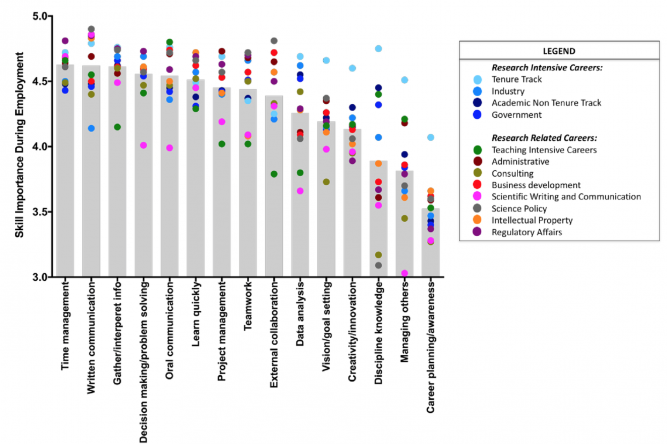



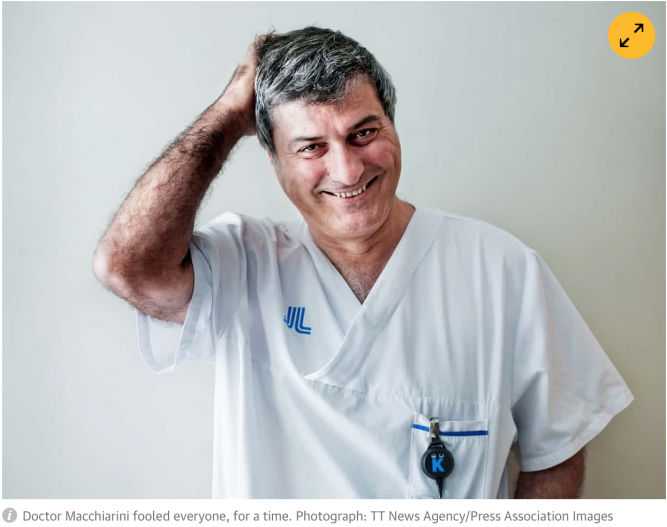
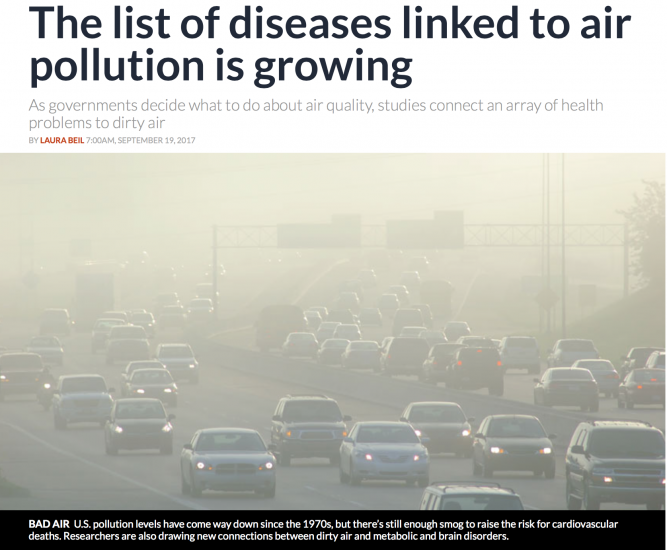
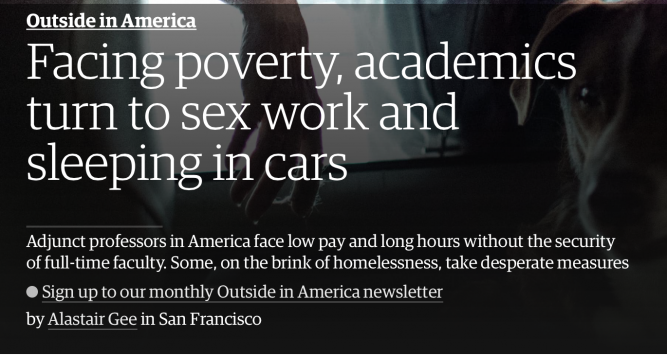

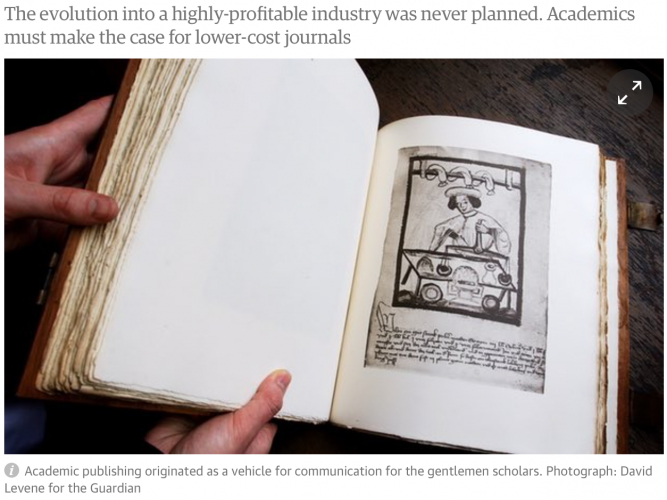


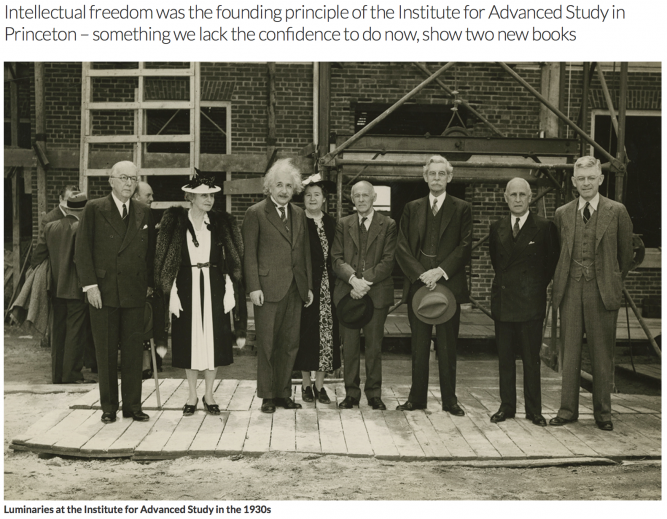
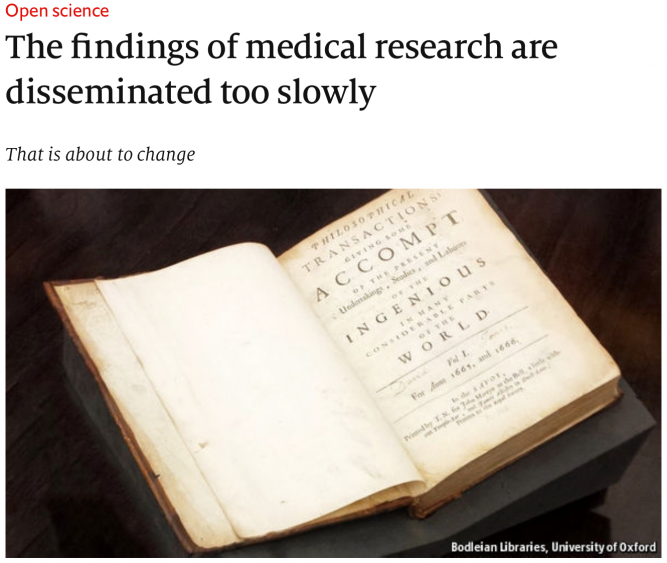

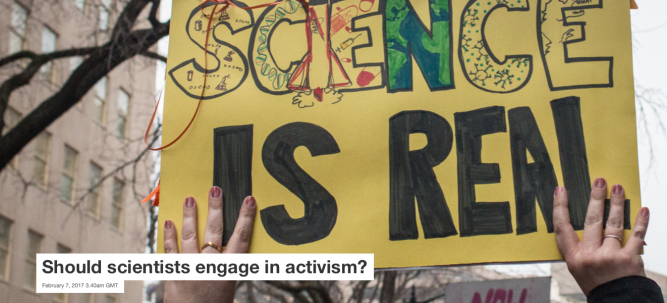
Leave a message